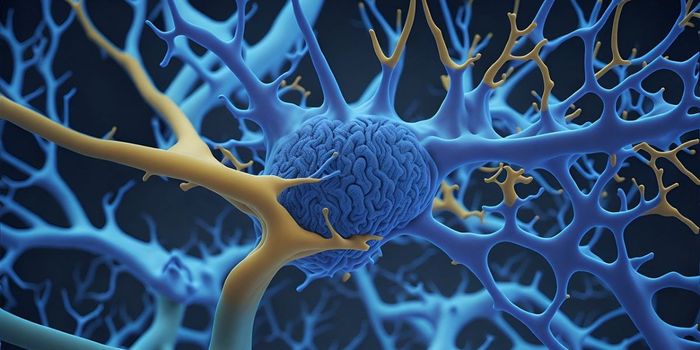Mental Health-Where is COVID-19 Leading Us?
It has been established that there is no single cause of psychiatric illness. As with many other diseases, psychiatric illness is generally the result of a complex interplay between an individual’s genes and environment. Psychiatric illness is common in patients with COVID-19. However, until recently, available data on the subject has been limited to low levels of evidence. Last year, Labroots reported on the potential neuropsychiatric impacts of the COVID-19 pandemic, now studies are beginning to report on this phenomenon.
In May 2021, a paper was published in Translational Psychiatry, documenting the results of a meta-analysis of psychiatric symptoms in individuals with, and survivors of, COVID-19. This high level of evidence revealed that multiple psychiatric symptoms can occur during the acute stage of COVID-19 infection and are primarily severe. While the severity declines over time during recovery, specific symptoms such as anxiety may remain even during the late recovery phase.
Multiple factors are thought to explain these symptoms, including the direct impact that the virus has on the central nervous system, triggers due to stressful events, and even some of the medications used to treat the disease. A combination of these, and potentially additional, factors are likely to blame. A study from Autumn 2020 reviewed the impact of COVID-19 on the mental health of a sample of Australian adults. Interestingly enough, the study suggested that social factors such as disruptions in employment were more highly related to psychiatric sequelae than exposure to COVID-19 itself. Indeed, loneliness is thought to play a substantial role. Effective treatment of psychiatric illness requires early intervention and access to care, both of which have been impeded due to lockdown procedures and other factors amid COVID-19.
Although sobering, these results have led to a renewed demand for psychiatric services and a call to institute measures to increase long overdue capacity and funding. In addition, we now have a high level of evidence to suggest the significance of early intervention and support for those experiencing psychiatric symptoms in the early stages of COVID-19 infection. These challenges highlight the importance of collaboration between mental health services and primary care providers. As systems evolve and become stronger under pressures that have been globally imposed upon them by this pandemic, it is essential to remain vigilant as new evidence continues to emerge. Continued professional inquiry will likely lead to novel innovations that contribute positively to ongoing healthcare transformation both domestically and abroad.
Sources: Translational Psychiatry, frontiers in Psychiatry, JAMA.









